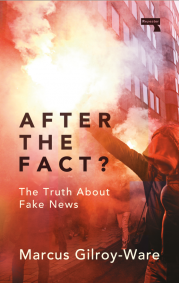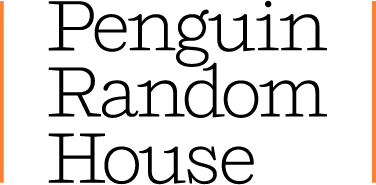Why does misinformation work?

Amidst the great tide of misinformation that has been flooding public debate in the last five years or so, very few people seem to be asking how it was that we were so vulnerable to it.
Why were we so keen to believe that Bill Gates kills children in Africa, that cocaine cures COVID-19, or that George W. Bush is actually a lovely guy?
Perhaps it was because we had already become wilful participants in a society in which we were and are constantly lied to: a nihilistic market-driven society in which ethics and honesty have been slowly relegated to the backseat in order to let capitalism say whatever is necessary to close the sale.
Yet when we try to address this sense of widespread misinformation and disinformation, other things go wrong: sophisticated critiques that nobody listens to from people with no power, mad conspiracy theories that only distract people even further away from understanding the situation, or blindly doubling down on "truth" and "facts" in a way that does not make space for the inevitable political and social complexity of knowledge.
This is why we need to ask: are we After the Fact?










